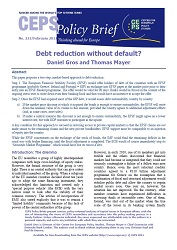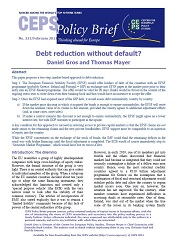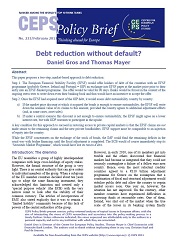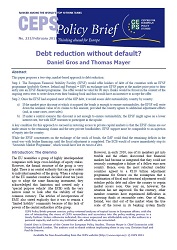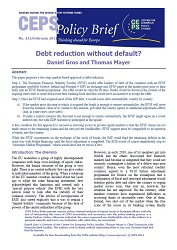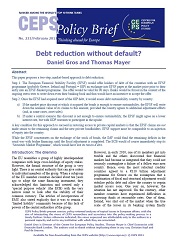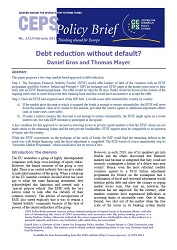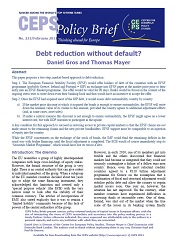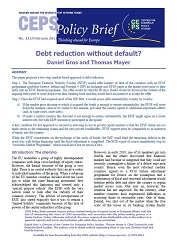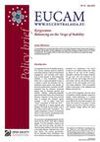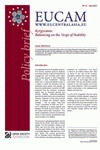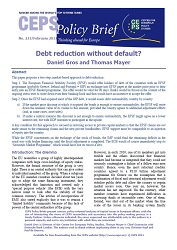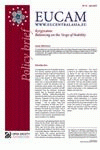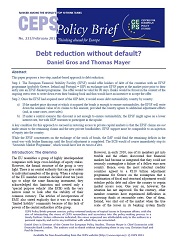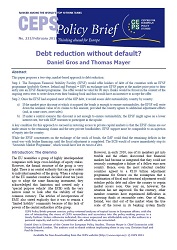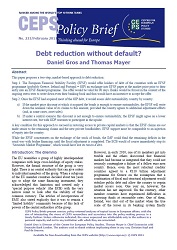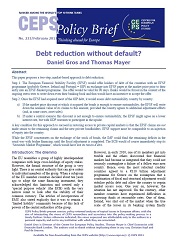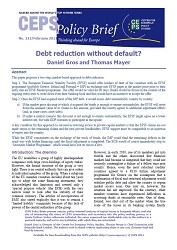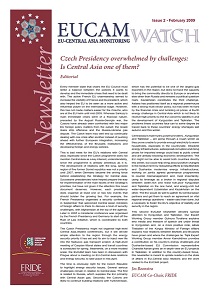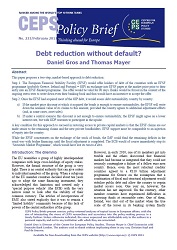
№230. A less punishing, more forgiving approach to the debt crisis in the eurozone
The debt crisis that hit the eurozone last year forced European leaders to develop new solutions to deal with the crisis. These solutions have been dominated by the idea that sanctions should be imposed everywhere in the system. Thus, European leaders are tightening up the Stability and Growth Pact (SGP) and are imposing stiffer sanctions on governments that do not obey the rules. Bond holders who have the temerity to buy government bonds will face sanctions in the form of haircuts when governments get into payment difficulties. The financial rescue mechanism aimed at providing liquidity to distressed governments carries punitive interest rates.
More...
